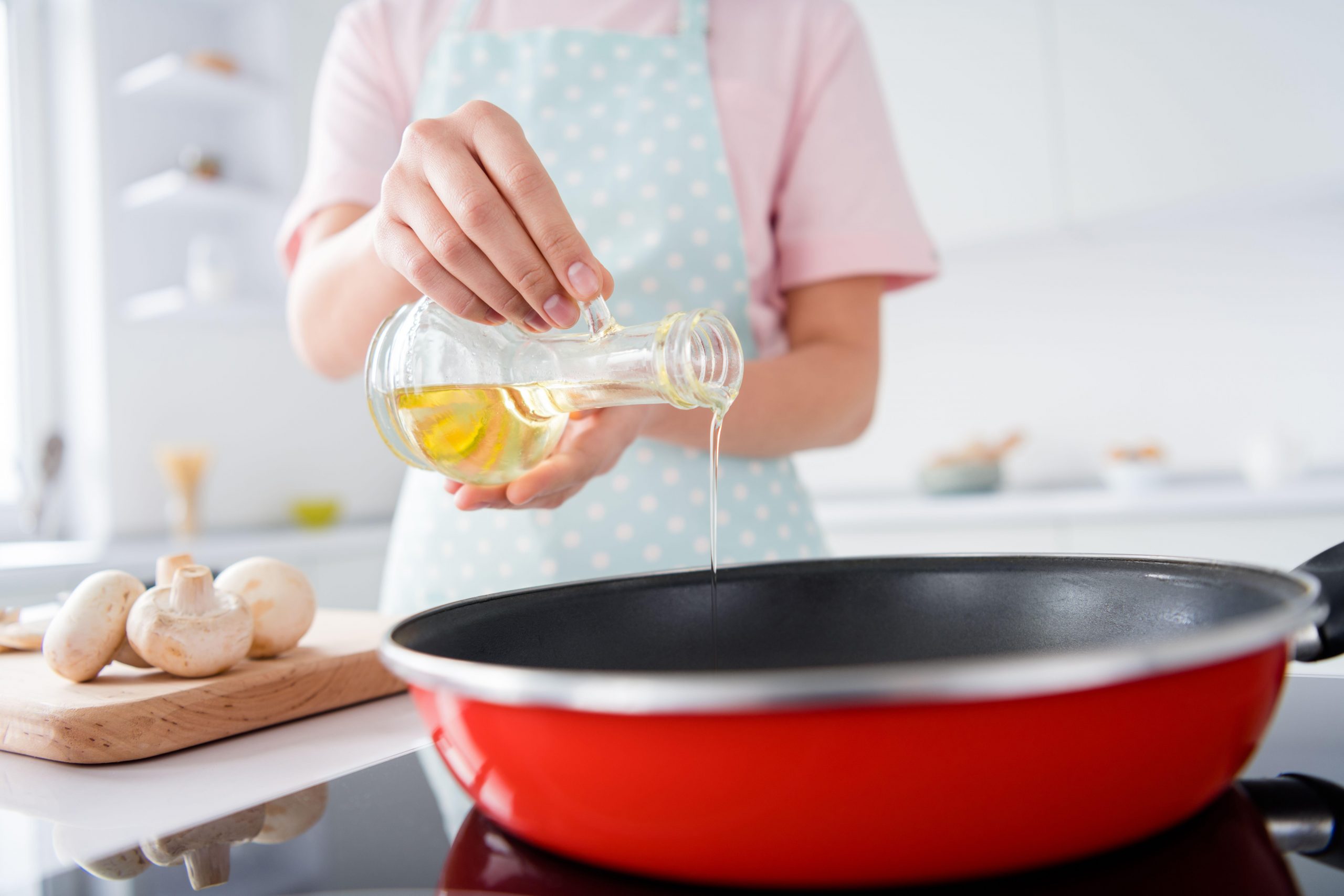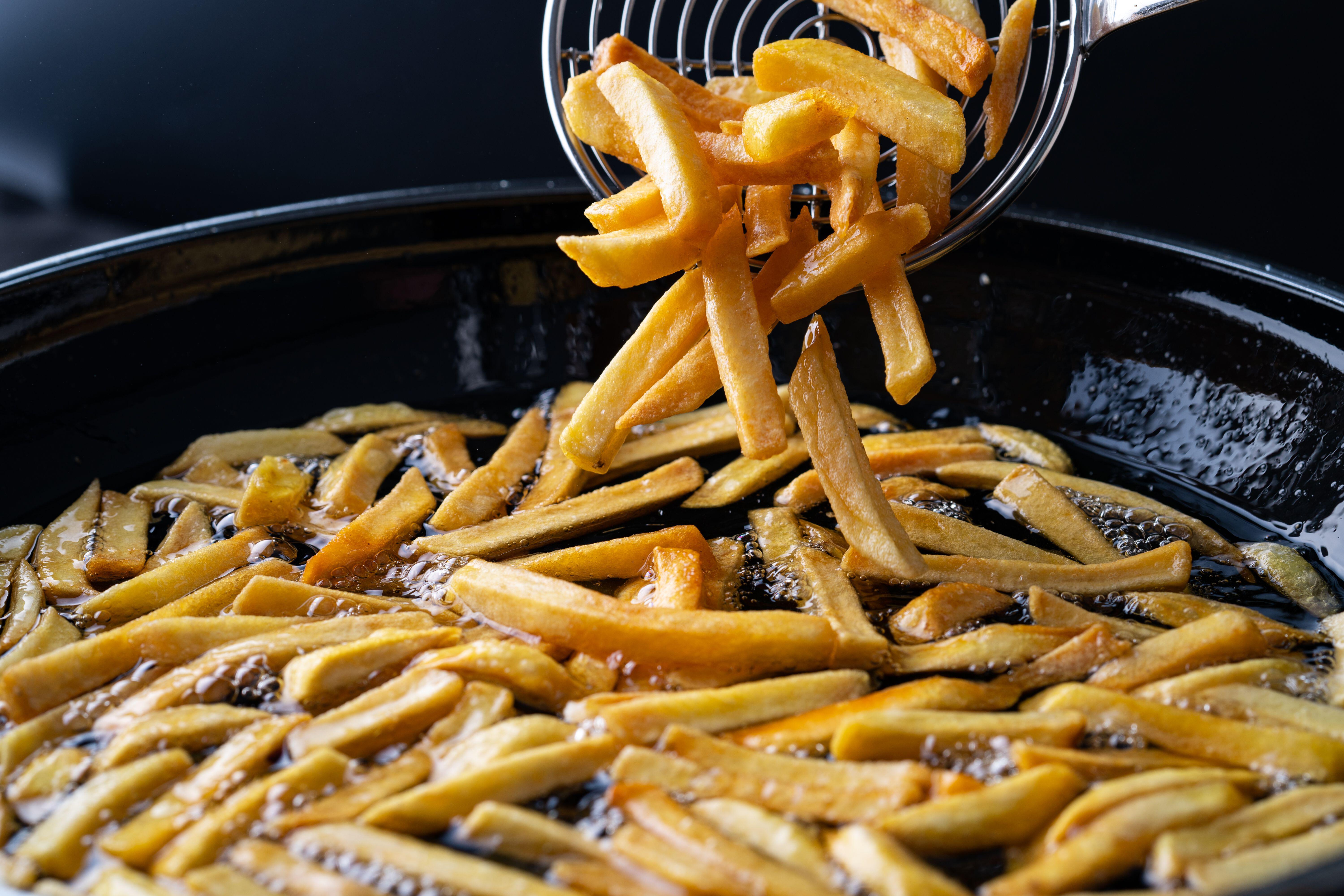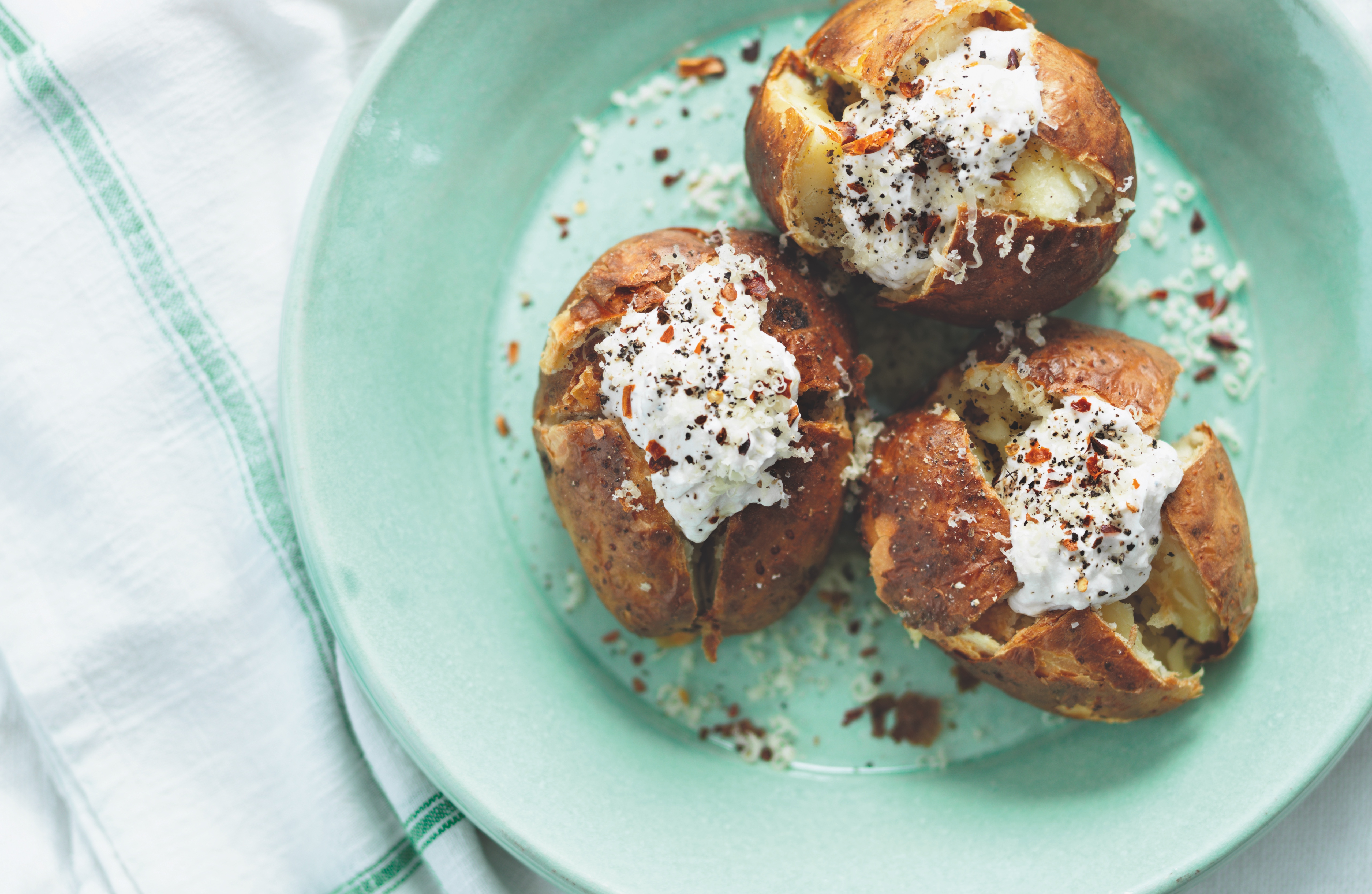How to dispose of cooking oil


Wondering how to dispose of cooking oil properly? We reveal the best way to do it at home as well as how to reuse and reduce cooking oil usage too.
There are lots of different recipes out there that require cooking oil. Whether you're deep frying homemade chips or you're drizzling some on your roast chicken, that oil often gets left over and you don’t end up using it.
It’s incredibly important that it is disposed of properly as it can cause serious blockages and damage. When liquid fat is poured down a drain, it solidifies which can cause havoc with your drainage. The government spends millions each year removing fat blockages in sewer systems. In some cities around the world, they have found blockages as big as buses. Incorrectly disposed of oil can also have a big effect on the natural environment. It can enter the seas and oceans, affecting the marine eco-system.
It doesn’t really matter which oil you are using, if it needs to be disposed of then it must be done correctly. Some oils can be re-used more effectively than others but, eventually, they will need to be discarded.
The great thing is that it doesn’t have to be time-consuming or difficult to correctly dispose of cooking oil. Below we explore the different ways you can safely and correctly throw it out.

How to dispose of used cooking oil at home
If your cooking oil is at the point where it must be thrown out (for example, it’s contaminated, you’ve used it a few times already, it’s not suitable for reuse or it’s rancid) then follow this simple method for disposing it.
- If it’s a very small amount then you can place it in your food waste. You can also wipe the pan or tray with kitchen roll to soak a little of it up and throw it in the bin.
- If it’s too much to place in your food recycling bin then you will need to find a lidded container that you intend on throwing out.
- Pour the oil into the container - if it doesn’t fill it up then you can pop the lid back on and wait until you’ve collected enough to fill it up.
- Once you’re ready to dispose of the container full of oil, you can either take it to your local recycling centre (if they accept it) or put it into your rubbish bin and throw it out.
- If you throw it out, it can occasionally attract foxes as they are attracted to the smell. To stop this, you can freeze it - in the container - the night before you put the rubbish out or ensure the outside of the container is very clean.
If you have a small amount of fat or oil which can be solidified in the fridge (such as coconut oil) then you can chill them in the fridge and throw them out with the rubbish the morning of collection.
GoodtoKnow Newsletter
Parenting advice, hot topics, best buys and family finance tips delivered straight to your inbox.
How to reuse cooking oil
There are some instances where it’s safe and easy to reuse cooking oil. The obvious one is when you deep fry something (such as potatoes and battered or breadcrumbed products). Once you’ve finished cooking with the oil, let it cool and, if possible, strain it to remove any excess food. Place it in a sealed container and then leave it in a cool, dry place. After a few uses, you will then want to dispose of the oil as suggested above.
Be mindful when reusing any oil that has been used to cook meat or fish. If you’re re-using it, be careful not to cook anything for a vegan or vegetarian.
If you are using fat rather than oil (like suet or lard) you can also use it to make a fat ball for birds. You must not use oil though as it can damage the bird's wings.
How to reduce cooking oil

Reducing your use of oil has many benefits and not just with regard to disposal. If you’re using less oil in your cooking then you’ll be reducing the amount of fat in your diet. This is particularly good if you’re using lots of saturated fat (such as coconut oil, butter or lard) as they have links to heart disease.
There are some easy ways to reduce the amount of cooking oil you use:
- Try making sure you measure your oil out correctly If a recipe class for a teaspoon then measure out a teaspoon rather than pouring a glug in. This will not only ensure you don’t put too much in but the recipe will have been written based on that amount of oil so it’s more likely to taste how the author intended.
- Use a different cooking method if possible. For example, grilling burgers instead of frying them in oil, serving a baked potato instead of chips that are deep-fried, or poaching your eggs instead of frying them.
- Find a good spray oil and use a couple of sprays rather than pouring oil in casually.
Whatever you can do to either limit the amount of oil you use or to dispose of your cooking oil properly will be good for the environment and your drains!

Former Assistant Headteacher, Samuel has a BSc in Food from the University of Birmingham and is also Co-Vice Chair of the Guild of Food Writers and a Trustee of 91 Ways CIC. His work has featured in national and international publications including Waitrose Food, Australian Delicious, and the LAD Bible Group. Samuel has also consulted on a number of best-selling food and drink books, and was a nutritional consultant for BBC’s Eat Well for Less.